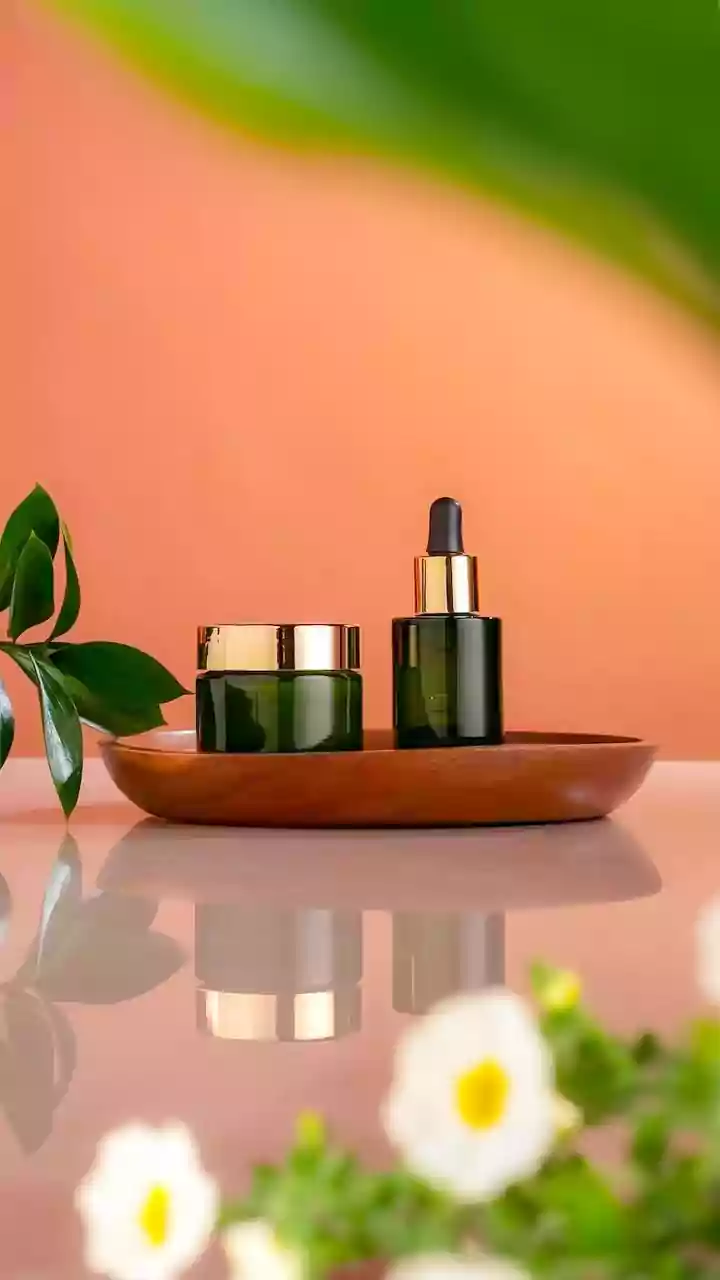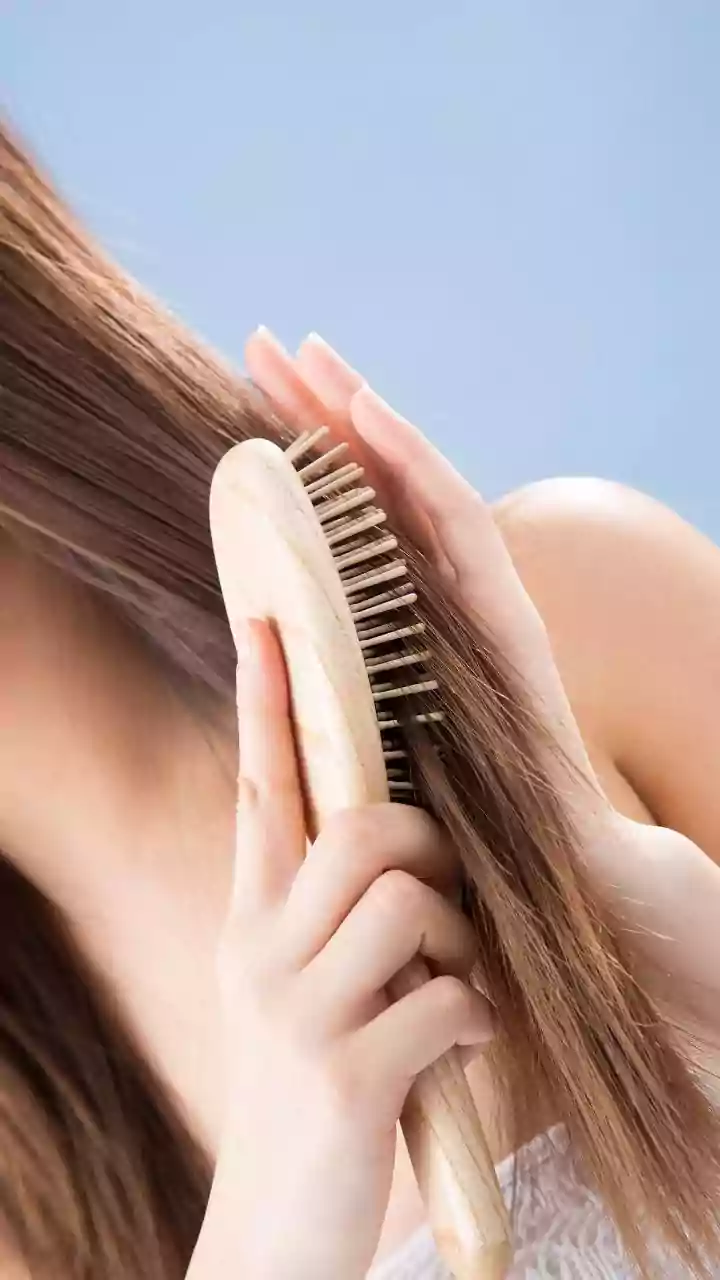Tea Origins & Traits
Black tea and green tea, though both derived from the Camellia sinensis plant, differ significantly in their processing. Black tea undergoes full oxidation,
giving it a dark color and robust flavor, while green tea is minimally processed, preserving its lighter hue and delicate taste. Both originated in China, but their popularity spread globally. Black tea is known for its higher caffeine content compared to green tea, which might affect its use for hair care depending on individual preferences and sensitivities. The different processing methods also affect the levels of various compounds, influencing their potential benefits when applied to hair. Recognizing these variations helps us understand their distinct impacts on hair health and growth.
Green vs. Black Tea
When it comes to promoting hair growth, both green and black tea have potential, but their efficacy can vary based on individual hair types and needs. Green tea contains higher concentrations of antioxidants like EGCG, known for their ability to protect against damage. Black tea, on the other hand, is rich in caffeine, which can stimulate hair follicles and improve blood circulation to the scalp. The choice often depends on the specific hair concern. For those aiming to strengthen hair and protect against damage, green tea may be preferred. For individuals wanting to stimulate growth, the caffeine in black tea could be more beneficial. A personalized approach, considering both teas' properties, allows for the best results, sometimes even through a combination of both.
Black Tea Benefits
Black tea offers several benefits for hair health, including the potential to reduce hair fall and promote overall hair strength. The caffeine present in black tea can stimulate hair follicles, enhancing hair growth. The antioxidants found in black tea can also protect hair from damage caused by free radicals. Regular use of black tea rinses or treatments can lead to shinier, stronger hair, reducing breakage. Furthermore, black tea can help darken gray hairs over time due to its natural pigment. These attributes make black tea a valuable natural remedy for a variety of hair concerns, making it a versatile addition to any hair care regimen.
Using Black Tea
Incorporating black tea into your hair care routine is straightforward. A simple method involves brewing strong black tea, allowing it to cool, and then using it as a final rinse after shampooing and conditioning. This rinse can be poured over the hair, ensuring all strands are saturated, and left for a few minutes before rinsing with cool water. For more intensive treatment, black tea can also be mixed with other natural ingredients, such as essential oils or carrier oils, to create a hair mask. This mask can be applied to the scalp and hair, left for a longer duration, and then rinsed thoroughly. Consistency is key; regular use, typically once or twice a week, will maximize the benefits of black tea for hair health.
Green Tea Benefits
Green tea's antioxidant-rich composition offers notable advantages for hair health. Its antioxidants are particularly effective in protecting the hair from environmental damage, such as UV rays and pollution, which can weaken hair. Green tea can help cleanse the scalp, removing excess oil and buildup that can hinder hair growth. Regular use may improve hair elasticity, reducing breakage and making hair more resilient. Also, its anti-inflammatory properties can soothe the scalp, potentially aiding in the relief of conditions like dandruff. The light nature of green tea makes it suitable for various hair types, offering gentle yet effective care. This contributes to its popularity in natural hair care practices.
Using Green Tea
Using green tea for hair is just as simple as using black tea. You can create a hair rinse by brewing green tea, allowing it to cool, and applying it after shampooing and conditioning. Ensure the hair is fully saturated. Another effective method involves creating a green tea hair mask by blending green tea with ingredients like aloe vera or honey, providing extra conditioning. Apply this mask to the scalp and hair, leaving it on for about 20-30 minutes before rinsing. Consistent use, ideally one to two times per week, allows you to harness the benefits of green tea, such as enhanced shine and a healthier scalp. These simple steps make green tea accessible and beneficial in any hair care routine.
Tea: Which is Better?
The choice between green and black tea for hair depends significantly on individual hair needs and preferences. Black tea, with its higher caffeine content, is often favored for stimulating hair growth and reducing hair fall. Its darker pigment can also help to darken gray hairs. Green tea, rich in antioxidants, excels at protecting hair from environmental damage and soothing the scalp, making it ideal for those with sensitive scalps or who are exposed to sun and pollution. Often, the best approach involves experimenting with both teas, observing which one yields better results based on your hair's unique characteristics. A holistic approach, combining both teas, can provide a comprehensive hair care solution that addresses multiple issues.


















